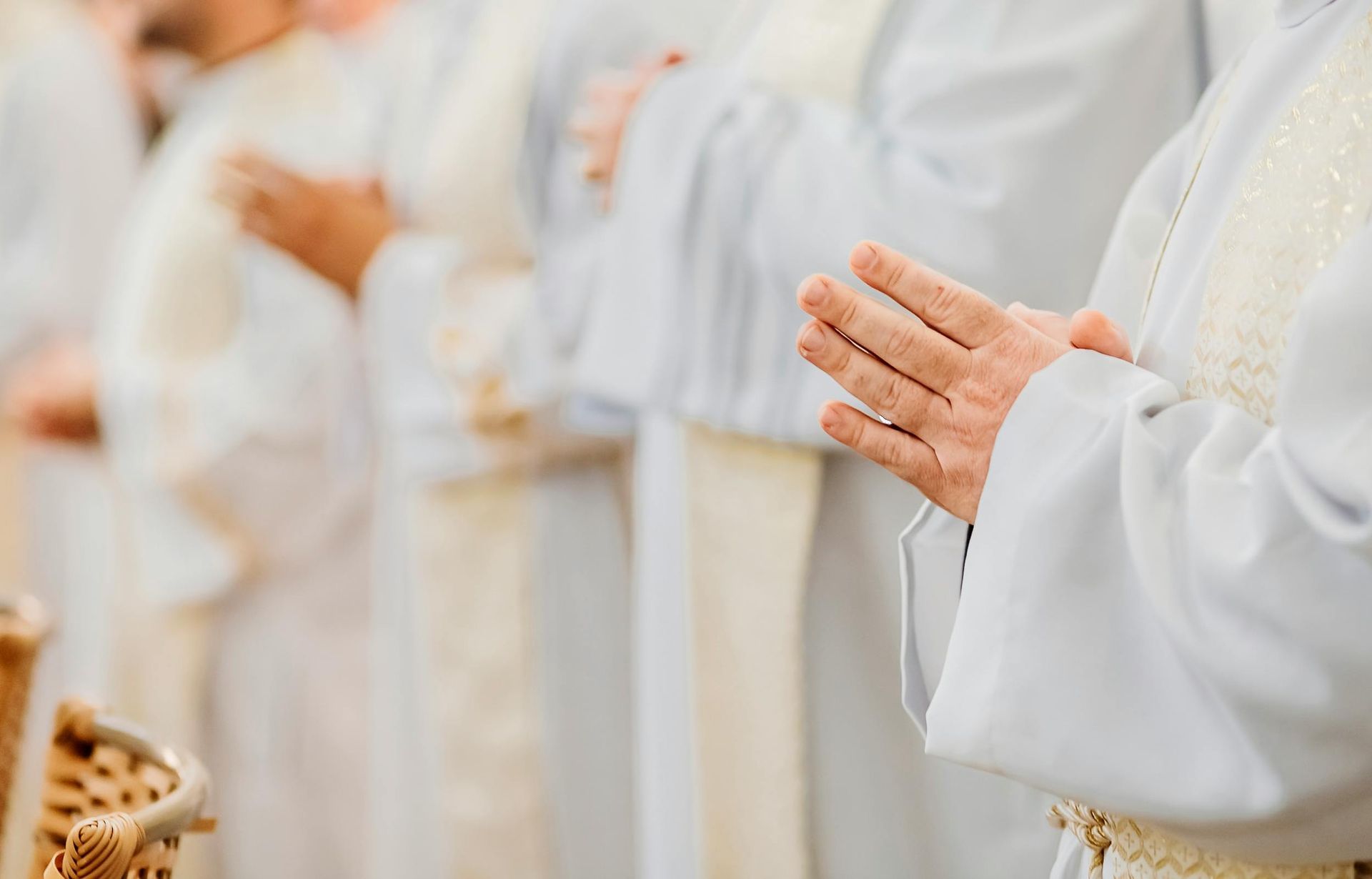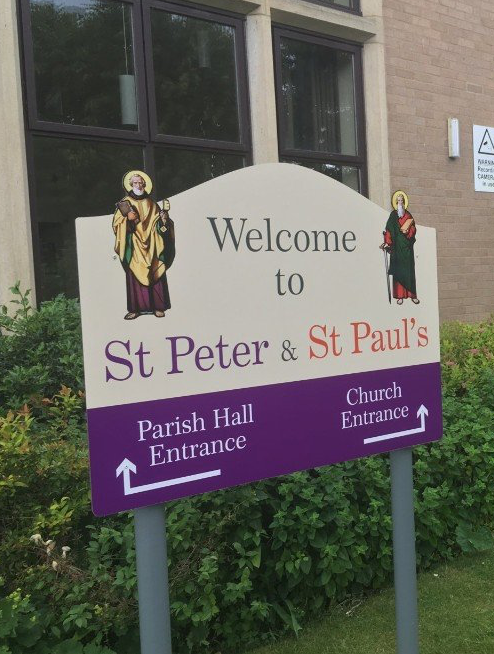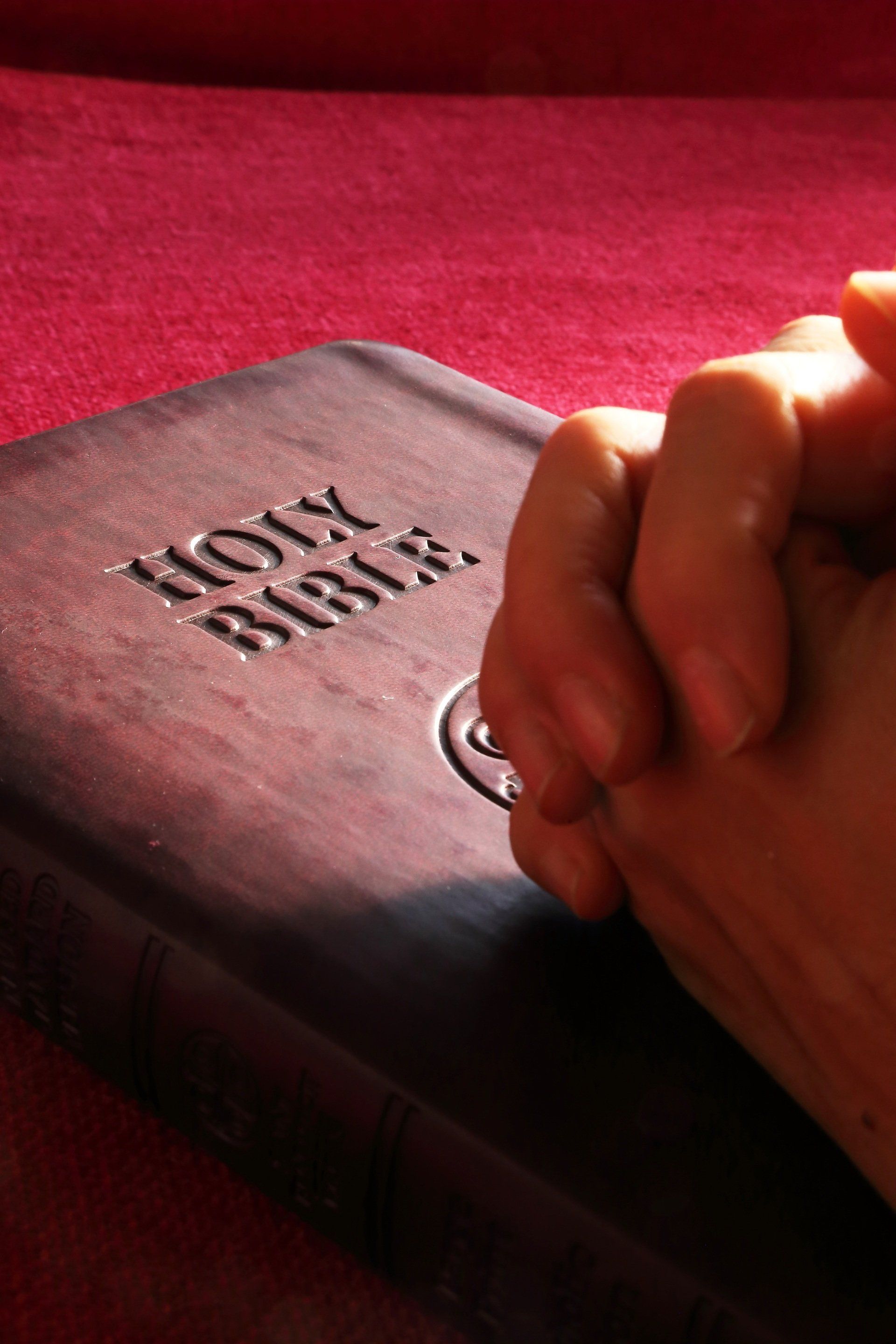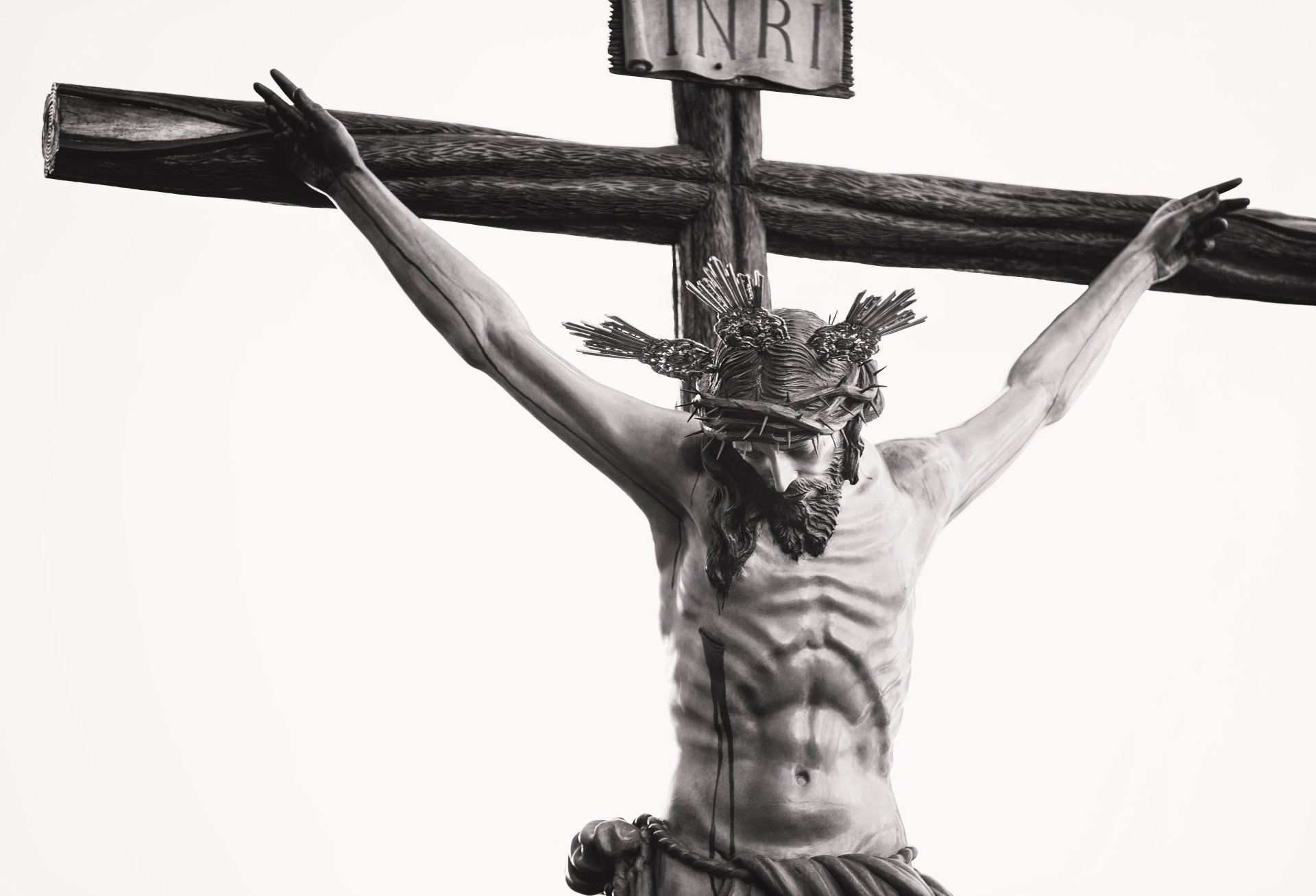One of my favourite passages from the Gospels is the parable of the Pharisee and the Publican (Lk. 18:9- 14). The lines which always strike me are, ‘The Pharisee stood there and said this prayer to himself…’ and ‘the tax-collector stood some distance away, not daring to raise his eyes to heaven… and said, God be merciful to me a sinner .’
Which of them are you? Be careful because if you say, ‘I’m the Publican’, well then, I’m afraid, you’re the Pharisee and vice versa. This is the subtlety of the parable but of course, there’s much more besides.
I remember a certain Anglican bishop on BBC one Sunday evening a few years ago. He was asked by the interviewer, ‘Are you good at prayer?’ Without a moment’s hesitation, the good bishop replied, ‘Oh, absolutely hopeless, but I preach about it a lot!’ He endeared himself to me immediately.
I joined the Jesuits in 1980. In the first few weeks the novice master introduced us to various methods of prayer. One afternoon, I approached one of the old priests in the community and said to him, ‘Father, could you recommend a book on prayer?’ He looked at me with a knowing smile and said, ‘My dear young man, if you want to know how to pray, just pray.’ Well, I thought to myself, that’s not much help, but, you know, it was!
It’s only over the last twenty-eight years (God help us!) that I’ve come to savour the wisdom of that old priest. It’s by praying every day, by taking time out with Jesus, that we begin to come to some ‘felt’ knowledge of Jesus and ourselves. As St. Augustine said, ‘self-knowledge is God knowledge’.
During my student days I was privileged to prepare for priesthood and my future ministry in the Jesuits in various parts of the world. I studied in Rome for three years. It’s much easier to get up early in the morning in Rome than in Ireland – the sun comes up earlier for a start!
Every morning I would go down to the community chapel at 6.30 and invariably I would find at least two other young Jesuits there – always the same two – a Brazilian and a Japanese. Their silent presence every morning was a powerful support for my own prayer life and my vocation. To see other people being faithful to daily prayer and praying silently with them is an immense privilege, a privilege, sadly not given to many outside religious life.
More recently, I worked as director of Jesuit novices in Birmingham, England. To give the novices some peace, I used to go out to Acock’s Green parish every Wednesday morning simply to say Mass. There would be about one hundred people at daily Mass. Many of them were in the church well before Mass time and some remained on for a long spell after Mass. It was truly a community of prayer and the prayer of that community sustained me in some difficult times.
After Mass everyone always had time for a smile or a few simple words. I’m writing this here because I want the people of Acock’s Green and you (the reader) to know how important your faithful presence and prayer is to your priests. We need your prayers just as much as you need ours. Through mutual prayer we cultivate a personal friendship with Christ and with each other.
In my work as novice master I sometimes felt a little envious of the newly-arrived novice who would come in and tell me all about his emotion-filled adventures in prayer, about what great comfort and solace he received. ‘My God,’ I would say quietly to myself, ‘it’s a long time since I felt that.’ I was often reminded of the words of the sixteenth century Carmelite mystic, St. John of the Cross:
When a person turns to the service of God with real determination, God normally nurtures his spirit and warms his heart, as a loving mother does to her little child. But as he grows, the mother puts him down and makes him walk on foot.
It is the same with the soul. When God senses that he has grown up a bit, God draws him away from the sweet breast and puts him down and gets him used to walking on foot so that he can grow strong. He find this new phase bewildering, since everything has turned back-to-front.
Here God gives the person to taste the food of the strong which is dryness and darkness… the spirit begins to receive in its empty dryness. Dark Night, Book 1.
So often people say to me, ‘I wonder am I praying at all. I’ve been at it for years and I don’t feel anything any more. I sometimes wonder am I just talking to myself and is the Lord there at all. And then, I have all these distractions…’ I often feel exactly the same way myself!
Where these people and I agree is that even though we don’t feel very much any more, we’d miss our time of prayer every day. The first Irish Jesuit I ever knew, Fr. Michael Paul Gallagher, puts it very well when he writes,
I pray because I need to pray – if I don’t, I have known myself to become superficial or even dangerous, at least in petty selfishness and insensitivity to others. In prayer I discover the fraud that I am, the loved sinner that I am and there is a movement from the false self, a slow liberation, helping me to fulfil my vocation to love – surely the deepest desire in all of us – God’s deepest desire for me. In prayer God’s desire and mine can become one.
This article first appeared in The Messenger (June 2008), a publication of the Irish Jesuits.








